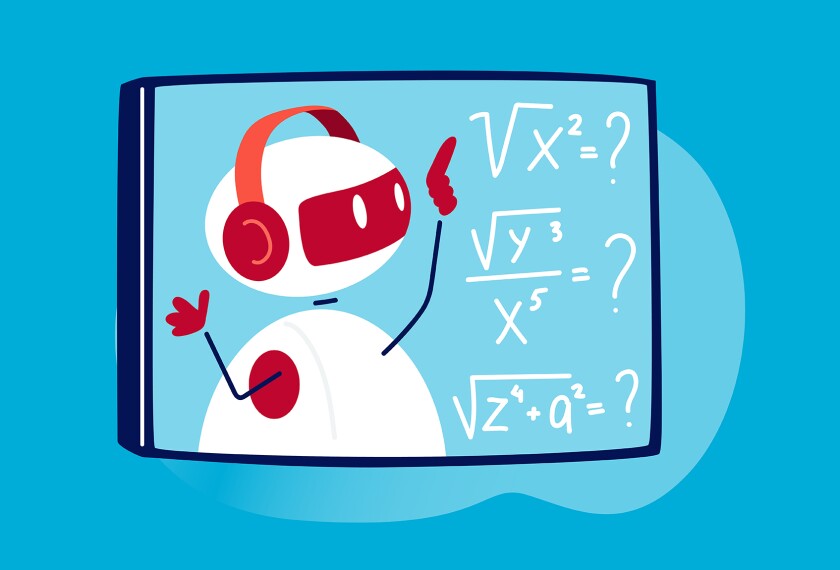To the Editor:
The recent article “We Asked ChatGPT: Should Schools Ban You?” (April 5, 2023) highlighted a relevant issue; however, we may be asking the wrong question altogether.
I understand the impulse to ban anything that makes it easy for students to cheat. Students should be challenged by and engaged in their work instead of having a robot do the work for them. But as educators, maybe we should take issue with the assignments, not artificial intelligence.
While some may be caught up in banning ChatGPT or teaching students how to use tools like it, I would argue that it is more important to teach students how to think about and analyze the products of this technology.
I asked ChatGPT how it could impact curriculum development for K-12 schools. It provided a list of answers, but one stood out: “Content creation.” When I think about how much money is spent on educational technology and textbooks, I can’t help but think about the massive amount of content that ChatGPT can create for free and on demand. Pair that with the countless online resources (free or inexpensive) that offer factual and verified information, and we have the potential for activities that require a high level of close reading and critical thinking.
But what about writing assignments?
In this case, defeating technology may be easier than sci-fi movies would have us believe. A potential solution could be to assign paper-and-pencil tasks that are completed in the moment and use specific details from class discussions.
The question that we should focus on is: How do we reimagine curriculum to help students learn the skills they need to be relevant in a world headed toward widespread job obsolescence?
Stephanie Harbulak-Barron
Curriculum, Instruction, and Assessment Specialist
Annandale, Minn.




